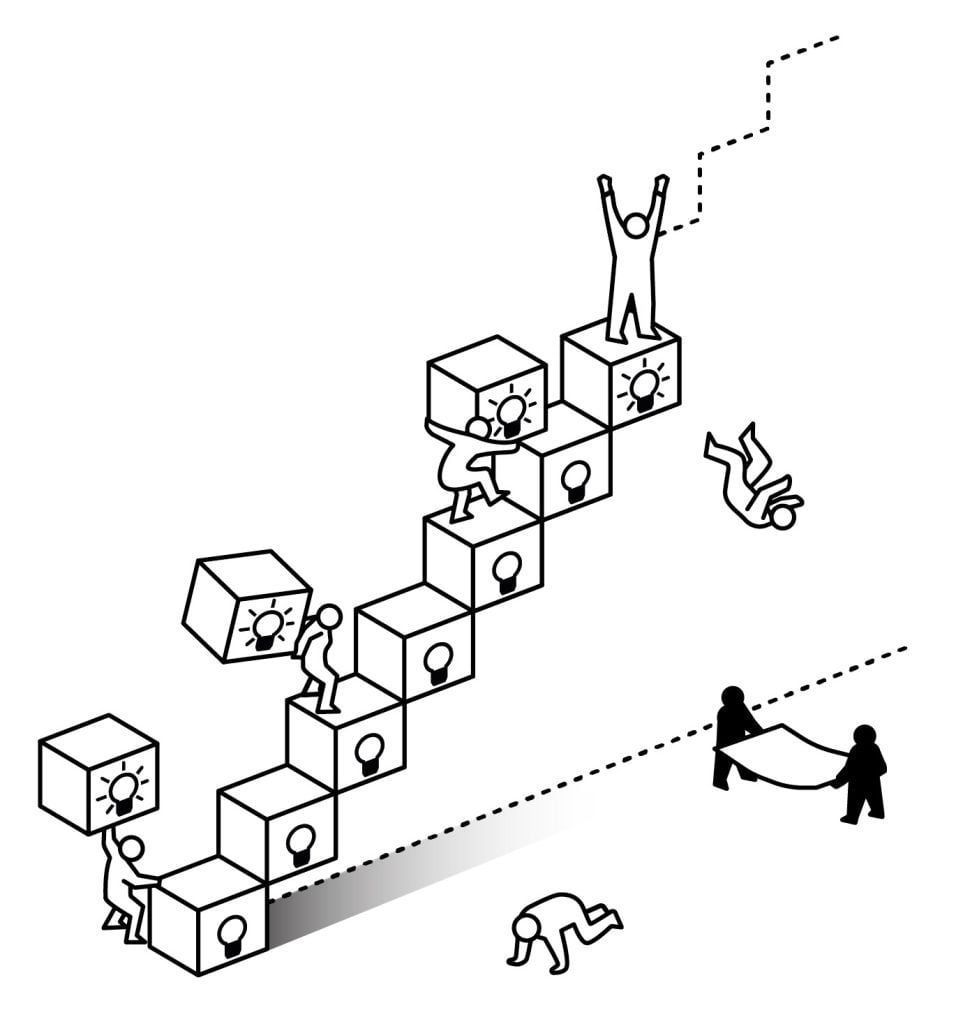The announcement of the 2025 Nobel Prize in Economic Sciences caught me flying to the global cluster conference in Dublin TCI2025 and this was an interesting coincidence. If you are into R&I policy, here I share the link to the report justifying the decission. Really worth reading!!
https://lnkd.in/d2XpDx2w
My takeaways:
In short, the winners analysed innovation as the engine of sustained growth.
Continuous technological renewal—rather than disconnected inventions—explains why modern economies grow steadily (unlike previously) The progress since the 19th century rests on the two processes the laureates investigated: the process of knowledge accumulation, and constant creative destruction.
1️⃣ Linking science with practice was key.
Joel Mokyr showed hoy prosperity accelerated in the industrial revolution when societies began to connect propositional knowledge (knowing why, basic science) with prescriptive knowledge (knowing how, to non-R&D innovation). So, innovation thrives when research and practice reciprocally build on each other. This is a key lesson for innovation policymakers, especially in Europe, and of course, clusters can have a great role here.
2️⃣ Growth is not automatic
The analysis of different societies and periods in history shows that without the right incentives and social foundations—education, mobility, fair competition—technological progress can slow down or even reverse.
3️⃣ Creative destruction is necessary
Aghion & Howitt theory shows that competition between innovators drives long-term growth. Firms invest in R&D to gain a temporary advantage, but are eventually replaced by new innovators if incentives are right. Part of the spillovers, nevertheless, benefit society, even after this destruction happens, justifying R&I policy.
4️⃣ Innovation and institutions should go hand in hand
Powerful incumbents and rigid regulations can block technological change and avoid being disrupted. But open societies, willing to embrace change, dynamic markets and flexible institutions are needed to keep innovation alive. Regarding job destruction another lesson for our societies: protect the worker -not the jobs- with support and skilling measures (the guys holding the rescue blanket in the image 👍)
5️⃣ Beyond quantity: the quality of growth matters:
Innovation does not always improve human wellbeing. Environmental and social dimensions are part of the long-term equation, and although Mokyr speaks about technological development as a self-correcting process, this clearly requires well-designed policies in all sectoral policies (like climate, health, resources…)
Maybe not brand-new ideas, but good to have them on the table, because, as the laureates remind us, innovation is not self-sustaining—it relies on the smart interaction between ideas, skills, and institutions.
I take the nice picture from the note published, that perfectly summarises the collective goal of innovation and growth.



